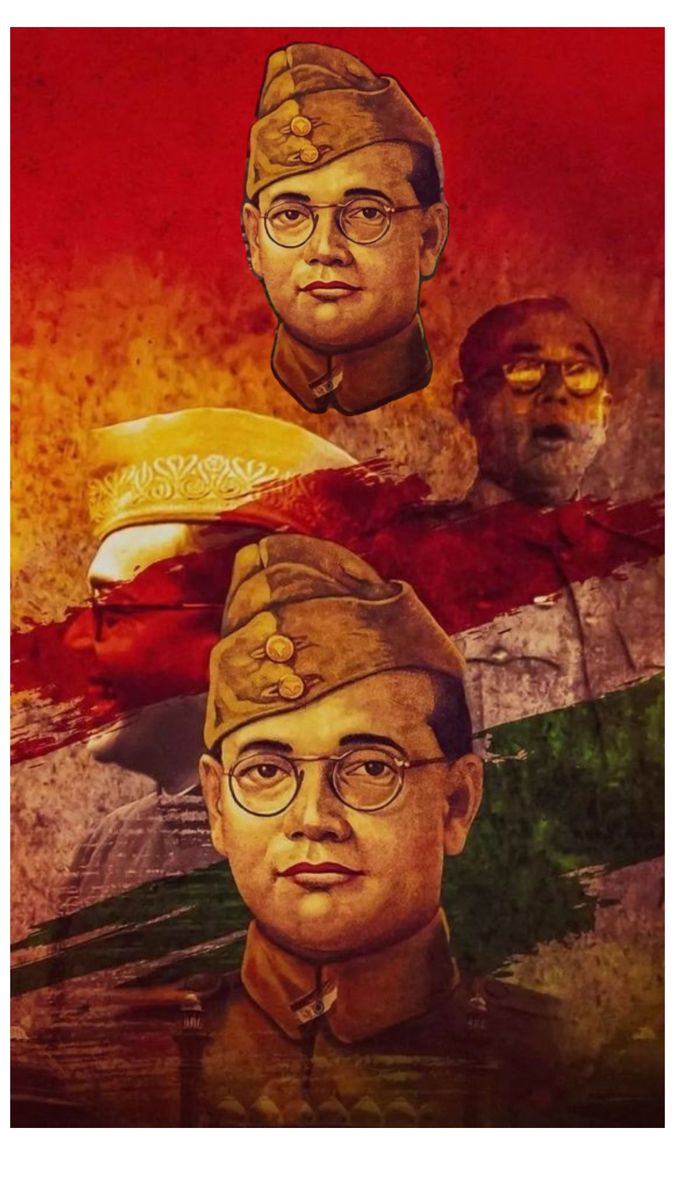Subhas Chandra Bose: 10 Inspiring Facts About the Revolutionary Leader
Introduction
Subhas Chandra Bose, one of India’s most prominent freedom fighters, was a visionary leader who played a crucial role in the country’s struggle for independence. His unwavering dedication, military strategy, and inspiring slogans continue to resonate with Indians today. He remains a symbol of patriotism, bravery, and determination.
Biography
Born on January 23, 1897, in Cuttack, Odisha, Subhas Chandra Bose grew up in a well-educated family. He was deeply influenced by the nationalist movement and chose to dedicate his life to India’s independence. His leadership and strategic planning were instrumental in forming the Indian National Army (INA).
Key Milestones in His Life:
- Early Education: Excelled academically and studied at Cambridge University.
- Civil Services: Resigned from the prestigious Indian Civil Service to join the freedom movement.
- Leadership in Congress: Became the President of the Indian National Congress in 1938.
- Formation of INA: Founded the Indian National Army to fight British rule.
- Mysterious Disappearance: Allegedly died in a plane crash on August 18, 1945, though controversy remains.
Role in India’s Freedom Struggle
Bose was a staunch believer in armed struggle and self-reliance. His significant contributions include:
- ‘Give Me Blood, I Will Give You Freedom’: A powerful slogan that inspired millions.
- Formation of INA: Mobilized Indian soldiers to fight against British forces.
- Alliance with Axis Powers: Sought international support for India’s freedom.
- Provisional Government of Free India: Established an Indian government in exile.
Significance
Bose’s impact on India’s independence movement is unparalleled:
- Inspiration for Nationalists: His leadership motivated millions.
- Symbol of Defiance: Challenged British authority fearlessly.
- Military Strategy: Advocated for armed resistance.
- Visionary Leadership: Dreamed of a strong and self-reliant India.
Observance of His Contributions
Bose’s bravery and leadership are honored through various events:
- Subhas Chandra Bose Jayanti: Celebrated on January 23.
- Statues and Memorials: Installed in various parts of India.
- INA Memorials: Honoring his contributions to military efforts.
Facts
- He was known as ‘Netaji’ (Respected Leader).
- Bose escaped British house arrest in disguise to seek foreign support.
- He sought help from Nazi Germany and Imperial Japan for India’s freedom.
- Formed the Azad Hind Government in exile.
- Introduced women soldiers in INA through the Rani Jhansi Regiment.
- His slogan ‘Jai Hind’ is now a national greeting in India.
- He believed in socialist ideals and economic self-sufficiency.
- His mysterious disappearance remains a topic of debate.
- He inspired future generations with his selfless dedication.
- He emphasized the need for unity and discipline in the fight for freedom.
Daily Life Impact
Bose’s ideals of self-reliance, unity, and discipline continue to influence people in their daily lives. His teachings encourage individuals to work towards national progress with determination and dedication.
Wishing on Jayanti
Celebrate his legacy with these wishes:
- “Saluting the courage of Netaji Subhas Chandra Bose, the fearless patriot of India.”
- “Let us honor the sacrifice of Subhas Chandra Bose and strive to uphold his values.”
- “May Netaji’s indomitable spirit guide us towards a stronger and united India.”
FAQs
Q: Why is Subhas Chandra Bose famous?
A: He is famous for his leadership in the Indian freedom struggle and his efforts to mobilize an army against British rule.
Q: How did Subhas Chandra Bose die?
A: He allegedly died in a plane crash in 1945, though many theories suggest otherwise.
Q: What were Subhas Chandra Bose’s major contributions?
A: He formed the INA, inspired nationalist movements, and sought international support for India’s freedom.
Q: When is Subhas Chandra Bose’s birth anniversary celebrated?
A: On January 23 every year.
Important Points to Remember
- Subhas Chandra Bose was a dynamic leader and nationalist.
- He played a vital role in mobilizing Indian forces against British rule.
- His sacrifice remains an inspiration to millions.
- His vision of a strong India remains relevant today.
Importance to Society
Bose’s life teaches us the value of courage, leadership, and patriotism. He is a role model for those who seek to serve the nation selflessly.
Conclusion
Subhas was more than a leader; he was a visionary who dreamed of a free and powerful India. His bravery, intellect, and patriotism continue to inspire generations.
Let us honor his memory and strive to build the India he envisioned—free from oppression and full of unity.










